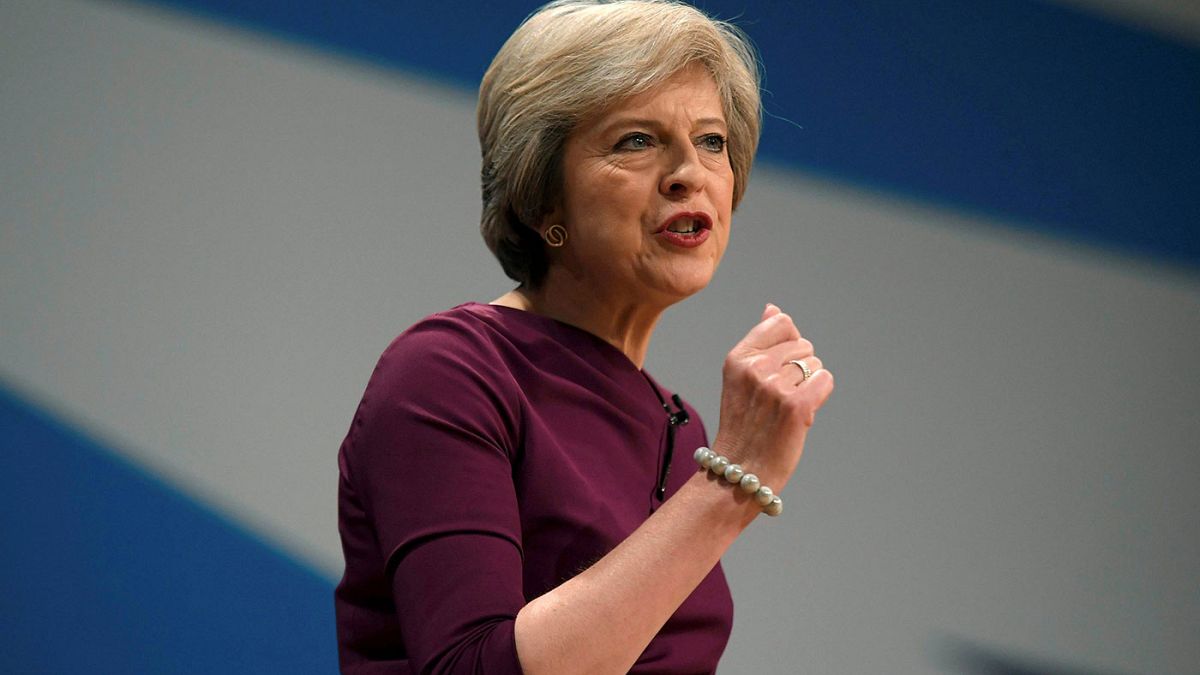Battle lines are deepening ahead of negotiations for the UK to leave the EU bloc.
Battle lines are deepening in the fallout from Brexit, based on whether the UK government will aim for a soft or a hard Brexit.
A hard Brexit
Theresa May’s speech to the Conservative party conference left the impression that the new prime minister was seeking a hard break from the union. Her comments about not giving up control on immigration indicated for many a wish to remain outside the single market. A main condition for access is the freedom of movement of workers.
In Scotland, the First Minister at her Scottish National Party conference reiterated that an attempt at a hard Brexit would mean a new referendum on independence. Scotland voted 62% to remain in the EU.
A soft Brexit
If the government should seek the softer option of negotiating to retain trade ties with Brussels, it would mean access to the single market. Previously, there had been speculation that the government might try to negotiate access without the necessity of freedom of movement. However, the French President reiterated in a speech in Paris on Saturday that France would make no concessions. However, with a presidential election in France next year, the person negotiating with the UK may change.
The French leader’s comments come a week after the British prime minister made her stance for a hard break with the union clear, with a call to keep control over immigration. It was widely interpreted that May did not want to keep access to the single market.
What the British public think
A ComRes poll for the Independent newspaper appears to show the majority in favour of a soft split with Europe. Fourty-nine per cent said “the Government should prioritise getting favourable trade deals with EU countries when negotiating the UK’s exit from the EU.”
The poll comes in the week after the value of the Pound plummeted to a 167-year low, following Theresa May’s speech. Unilever also announced price rises to make up for the weakened sterling.
